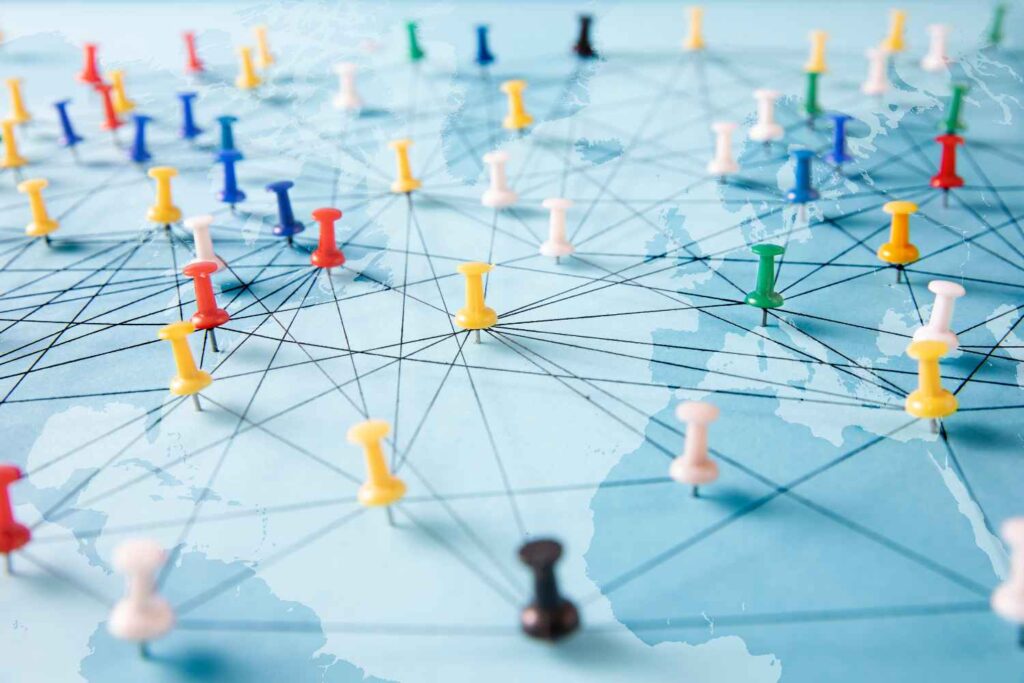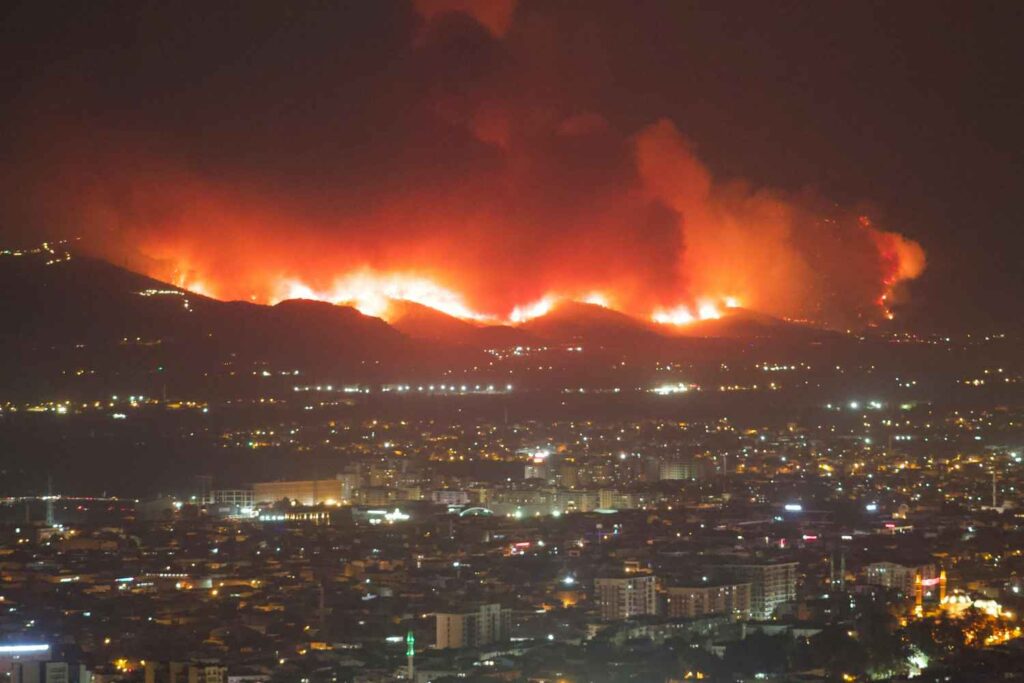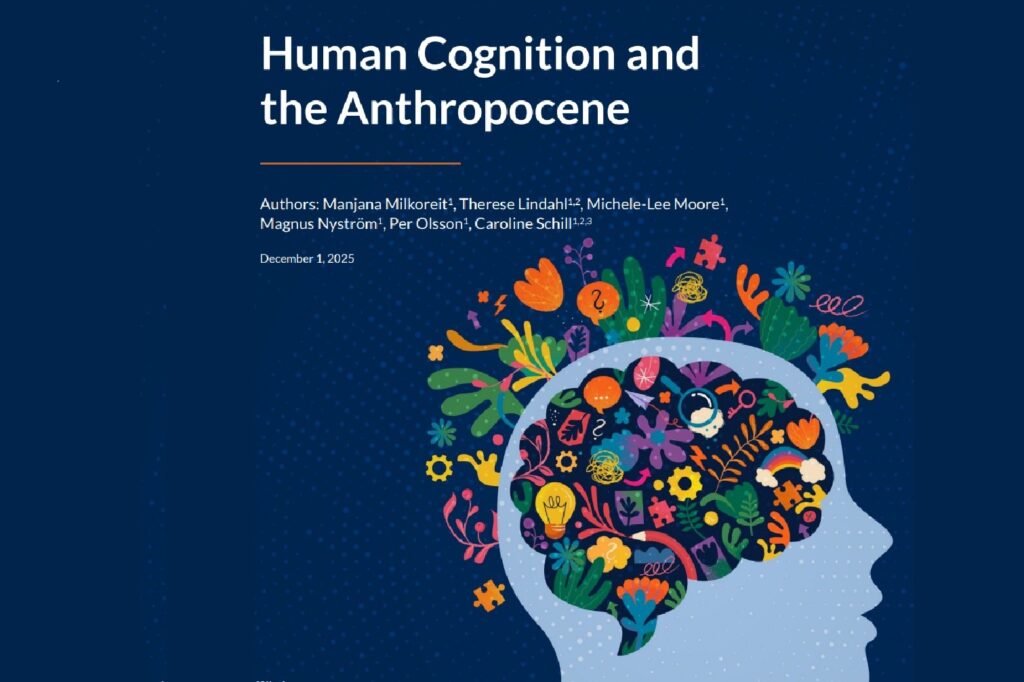Illuminating Limits: Educating for Postgrowth Futures in a Time of Polycrisis
The authors examine how environmental education is being reconfigured in an era of polycrisis, urging a move beyond reductive, growth-driven and technocratic paradigms. They advocate for a postgrowth educational approach that embraces ecological overshoot, social unravelling, and the systemic limits of industrial modernity. Drawing on heuristics rooted in complexity science, disaster studies, land economics, and […]
Illuminating Limits: Educating for Postgrowth Futures in a Time of Polycrisis Read More »










